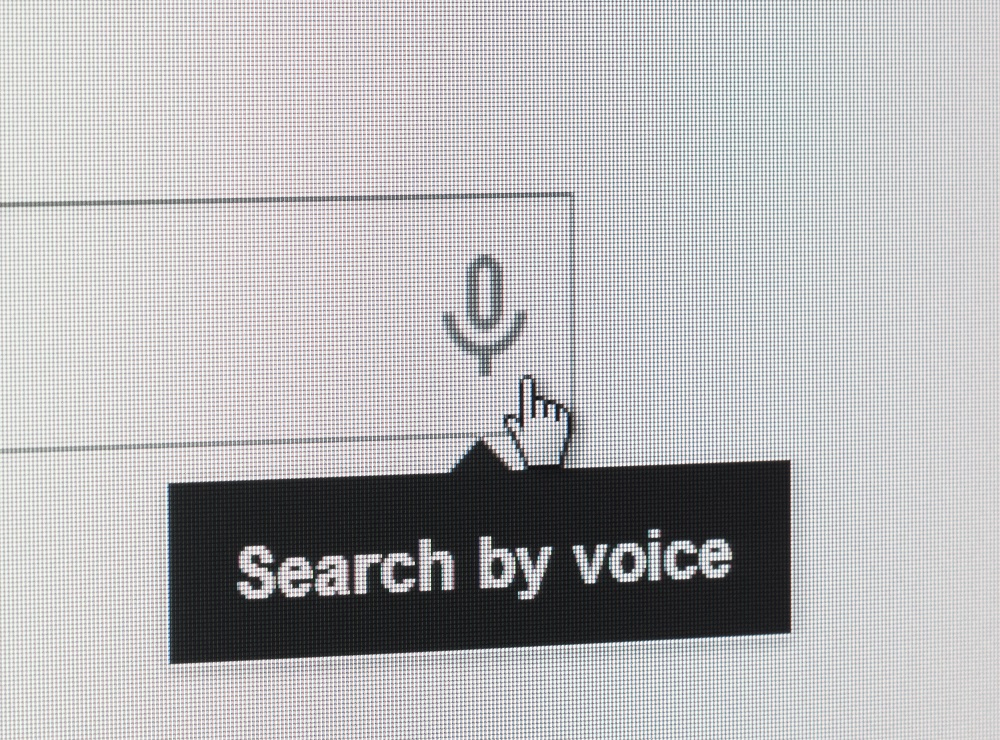 Many science fiction shows and movies like Star Trek and Iron Man have toyed with the possibility of voice-controlled equipment. These films even go as far as imagining artificially intelligent beings like Data and JARVIS who can speak like we humans do. With voice assistants like Siri and Alexa, we might be closer to that technology than we think.
Many science fiction shows and movies like Star Trek and Iron Man have toyed with the possibility of voice-controlled equipment. These films even go as far as imagining artificially intelligent beings like Data and JARVIS who can speak like we humans do. With voice assistants like Siri and Alexa, we might be closer to that technology than we think.
Over 16.8 million voice search devices were sold worldwide in the second quarter of 2018. This figure is led by voice assistant giants Google (5.4 million Google Home devices sold) and Amazon (4.1 million Echo devices sold). Experts are even predicting that 50% of all searches will be done hands-free. Now anyone can search for “Restaurants in Melbourne” without typing the phrase into their phone. Voice assistants are only getting smarter as time passes. Whether you’re maintaining your own website or using SEO services, it’s important to know as much as you can about voice search and how it affects your website.
Website Design
According to the Deloitte Mobile Consumer Survey, 89% of Australians own a smartphone. Since most smart devices already have voice search capabilities, it’s best to have a mobile-friendly website. You don’t want your customer to leave your site because it looks disorganised and clunky on their phone. Luckily, web platforms like WordPress and Squarespace automatically make your site fit for smart device browsing.
Content is Still King

The way people search using voice recognition is different from the way they do when they type. Think of how you would ask someone where the nearest recreation center is. It would probably come out as “Where is the nearest recreation center?” instead of “Recreation center nearby”, which is what you’d normally type into a search engine. The average user would employ a more conversational tone when they’re using a voice assistant. This means you’ll have to change the way content is presented on your site as well.
Longer and more natural-sounding keywords are now encouraged in your website’s content. If you don’t have a “Frequently Asked Questions” page on your site, work on writing one now. Voice Searching often involves questions. Provide content that will answer the 5 Ws (who, what, where, when and why) and 1 H (how). Educational content like how-tos and guides are important now more than ever. You can also use a question as a title for your content and provide answers in the body. When in doubt, write the way you would answer a friend’s question about the topic you want to discuss.
Popularity and Brief History of Voice Search
The earliest breakthrough in voice recognition was in 1952, when Bell Labs demonstrated “Audrey” — a machine that could recognise digits from zero to nine with a 70-90% accuracy rate. Since then, experts have been working towards the intelligent voice assistants we now have.
About 1 in 2 smartphone users utilise voice technology every day. Apple lead the voice assistant pack when they launched Siri back in 2011. Since then, similar programs like Cortana (Windows), Alexa (Amazon) and Google (Previously called “Google Now”) have been popping up to serve anyone with a smart device. With Artificial Intelligence (AI) technology becoming more accessible, our voice search experience will only get better.
The constantly changing landscape of the internet calls for persistent innovation from the side of business owners as well. If you want your site to be the first one to appear in voice searches, make sure to create content that naturally answers a question. It’s all a matter of changing with the times.
Optimise Your Website With Us
If you’re looking for experts that will help you get to the top of the search results, look no further than SEO Services Australia. We’ll help you grow your online presence through effective SEO strategies, web design, content marketing and more. Call our offices in Brisbane, Melbourne, Perth or Sydney now.